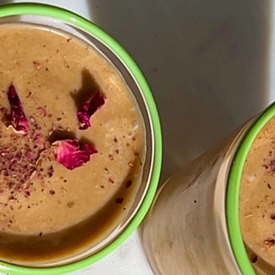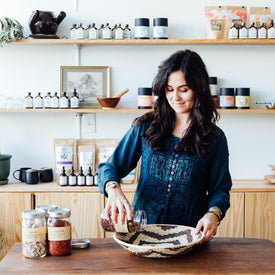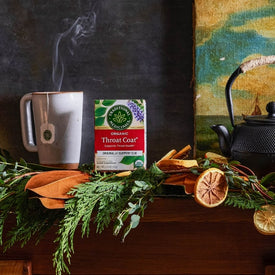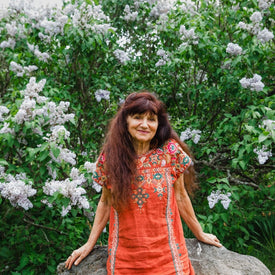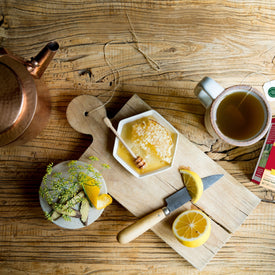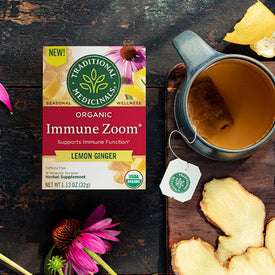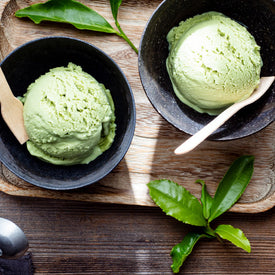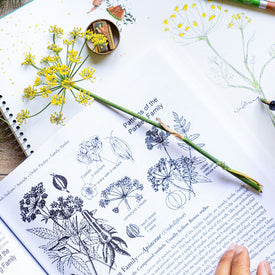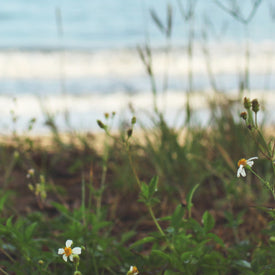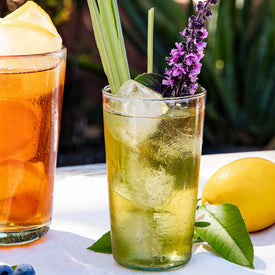Tea bags may come in all shapes and sizes, but not all are created equal.
Tea bags may come in all shapes and sizes, but not all are created equal. That’s why we use 100% compostable, Non-GMO Project Verified tea bags and strings. Our partnership with the 152-year-old paper manufacturer, Glatfelter, has given us access to some of the finest natural materials for making tea bags for 34 years. Made from sustainably farmed abacá leaves (Musa textilis) from the Philippines, these bags offer more than a high-quality, eco-friendly solution—they also provide a reliable source of income and social benefits for the small-scale family farmers who grow abacá. At Traditional Medicinals, we believe that in blending smart business with social and environmental sustainability initiatives, we can reach beyond tea bags to create self-reliant supplier communities, while also elevating industry standards.
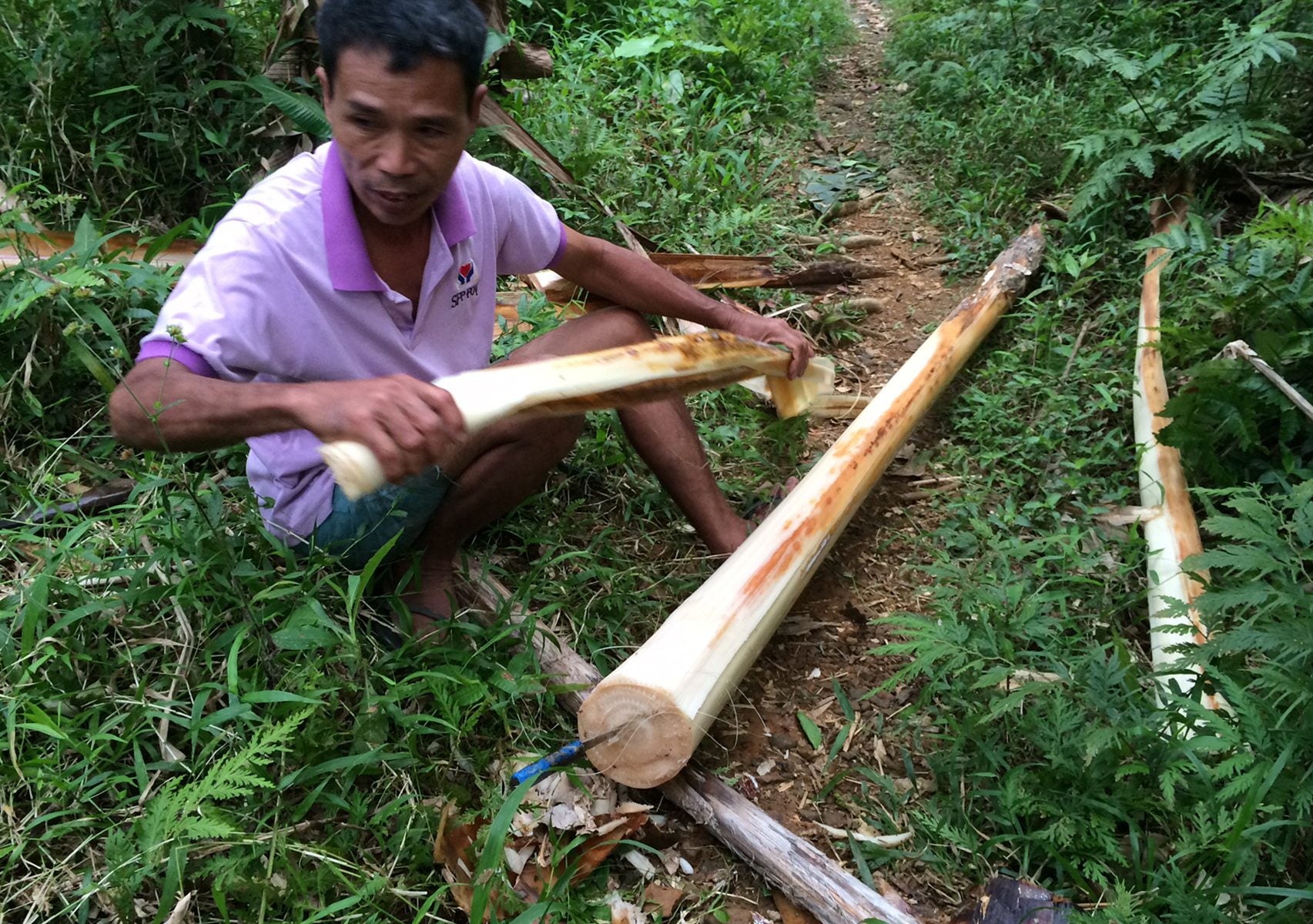
A Formidable Fiber, a Passionate Partner
As a member of the banana family (Musaceae), the abacá tree sends up multiple stalks from a central root to produce thick, fibrous leaves. When abacá’s dramatic flower begins blooming, it signals to farmers that a stalk is ready for harvest. Farmers cut the mature stalk and strip it of its leafy layers without harming the rest of the plant; in fact, abacá can generate a consistent, large volume of fiber for up to 20 years. Abacá’s formidable strength and resistance to saltwater made this the fiber of choice in the 19th century for ship riggings and ropes, and today, that same inherent strength and ability to quickly regenerate makes it a highly desirable, sustainable, and compostable material for tea bags.
The Philippines produce 85% of the world’s supply of abacá, and the island of Catanduanes accounts for 30% of the country’s entire production. In Catanduanes’ verdant and unspoiled mountains, Glatfelter has worked with local farmers for over 20 years, gathering and training a network of 135 Rainforest Alliance Certified™ family farmers. Harvesting and processing abacá can be labor-intensive in this jungle environment, which inspired Glatfelter to organize their farmers into regional groups under the Catanduanes Abacá Sustainability Initiative (CASI) to offer village trainings and social benefits to abacá farming families. With another 130 farmers already transitioning towards Rainforest Alliance certification, CASI is sure to reach their goal of having 500 abacá farmers certified by 2020—all while cultivating a community of skilled and empowered families in a protected and respected environment.
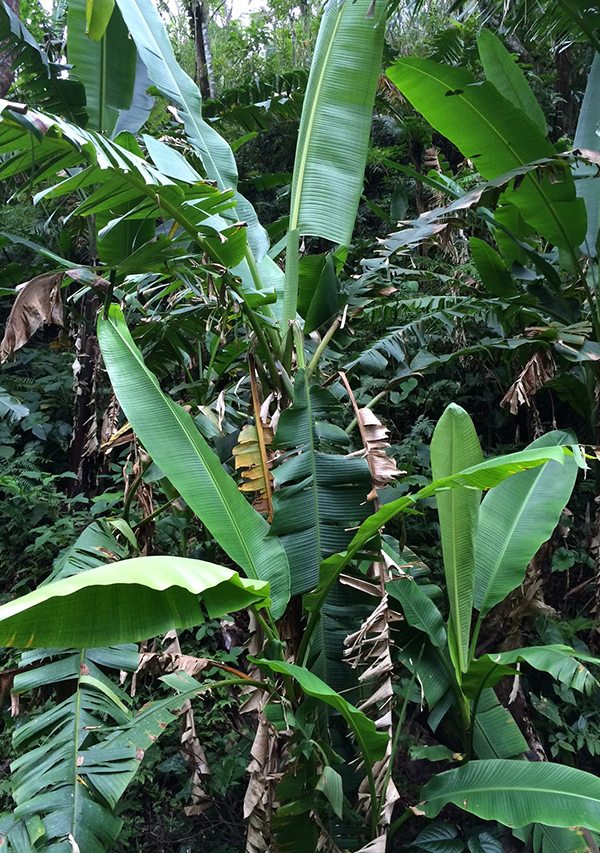
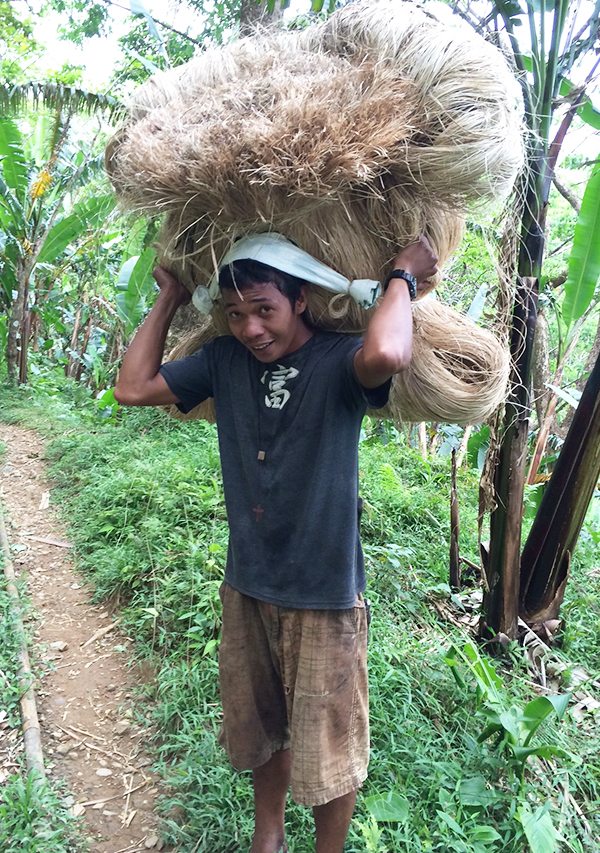
Beyond Tea Bags: Our Social Business Alliance with Glatfelter
At Glatfelter, as with Traditional Medicinals, the notion of social responsibility runs deep. In addition to implementing best agricultural practices and ensuring protections against exploitative labor, CASI offers social initiatives to abacá communities, including education on first aid, hygiene, and emergency preparedness for tropical typhoons. Over the years, CASI’s social support has included investments in social trainings, handicraft development, a medical assistance fund, school supplies and text books. Inspired by Glatfelter’s efforts, both Traditional Medicinals (TM) and Traditional Medicinals Foundation (TMF) have dedicated funds to be used towards social development projects in the abacá communities, and the foundation will be working with Glatfelter to oversee the implementation of a well-designed social program. We are delighted to be partnering with another organization that is equally passionate about working together towards social good.


